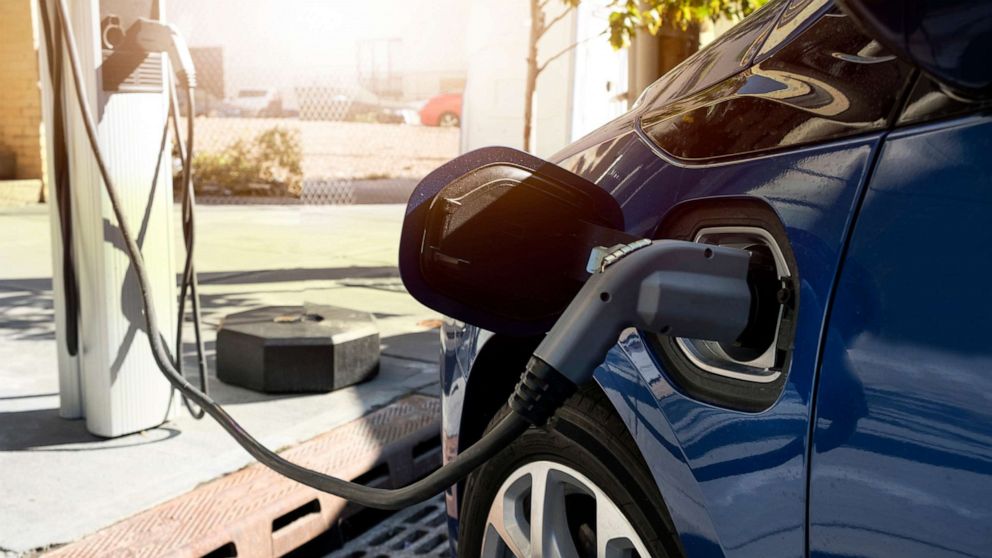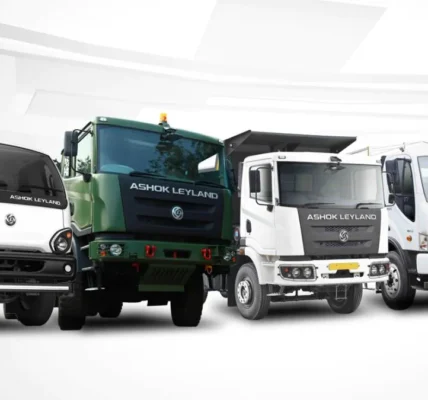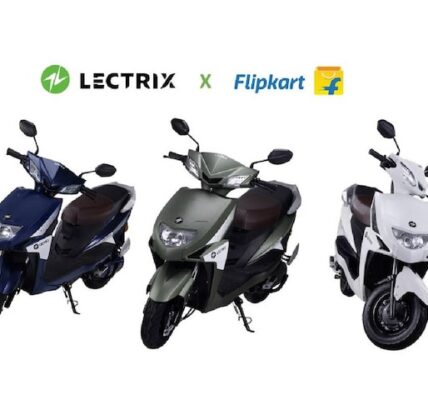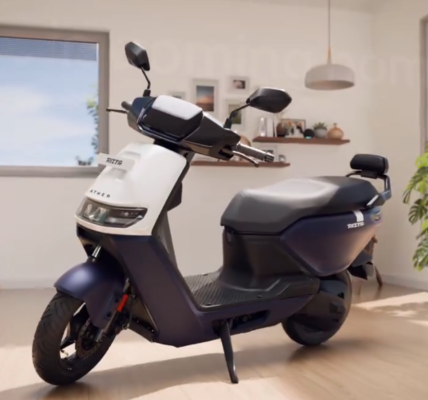Bolt.Earthis one of the largest electric vehicle (EV) charging infrastructure solution provider with over 30,000 charging points across 1,300+ cities in India. The EV industry in India is undergoing a remarkable transformation, a topic explored in depth during this podcast episode. The conversation traverses the dynamic and rapidly evolving terrain of electric mobility in India, shedding light on how both established automotive giants and nimble startups are making inroads in this space. A significant focus of the discussion centers on the growth of two-wheelers and three-wheelers in the EV sector, which are at the forefront of the electrification movement.
The insights shared by Mohit not only underline the increasing consumer confidence in EVs as viable alternatives to traditional internal combustion engine (ICE) vehicles but also the competitive edge manufacturers gain by incorporating advanced safety features and integrating smart technology with everyday services.
EV adoption
“EV adoption is being led by micro mobility, in particular, the two-wheelers and three-wheelers are really leading the charge. Interestingly, two-wheelers are close to about 15% adoption and three-wheelers are now inching closer to 50%,” says Mohit, in conversation with Sanjay Swamy, Managing Partner at Prime Venture Partners. From a commercial perspective, large Original Equipment Manufacturers (OEM) led by Tata Motors have launched price competitive high-quality offerings that make the customer consider EV as an alternative. In the two-wheelers segment, Ola and Ather have acquired a significant share of the market.
Bolt.Earth – Android for EV
“If you want to build an electric vehicle, you can quickly use our software to make it smart. Our OS basically turns your vehicle into a gadget,” says Mohit. Bolt.Earth OS is a unique offering that helps large OEMs treat their customers to a smarter EV experience. It offers state-of-the-art features, including, smart instrument clusters, plug and play EV companion app, and EV charging solutions. The OS also offers cloud solutions for data storage, fleet management, and vehicle management to help OEMs, their distributors, and fleet operators manage their EV businesses effectively.
EV charging terminology
On a general classification, there are three types of EV charging–Level 1 (L1) – slow charging, Level 2 (L2) – fast charging, and Level 3 (L3) – rapid charging. L1 and L2 chargers operate on Alternating Current (AC) whereas L3 on Direct current (DC). Typically, L1 is used for charging two-wheelers and installed at private spaces such as individual homes.
For L2, power ranges from 7 kw to 22 kw that charge three and four wheelers installed at commercial spaces such as malls, apartment complexes, parking lots etc. L3 chargers currently range from 30 kw to ~250 kw providing rapid charging that replicates the current fuel stations which can be found on highways.
At Bolt.Earth, L1 chargers start at ₹4,500 that can be bundled as an accessory with the EV.
Universal charging network
“We have more than 30,000 charging points in 1,300+ cities dispensing more than 100 megawatts of energy per month. About 80% of the network is built up with L1 charging points, the remaining 20% is split between L2 and L3,” says Mohit. Tata Motors published a report last year stating that more than 93% of their users are charging at home or office spaces where the vehicles are parked, hence Bolt has built 80% of its network with L1s so far. To leverage the Bolt charging network, the user needs to download the Bolt.Earth charging app built on a seamless flow of ‘Scan-Pay-Charge’ with UPI and GPS.
The user will be able to identify nearest charging spots available with prices, reviews, and ratings to make an informed decision. Interestingly, Mohit mentions that the charging network was built modelled on the PCO phone booths in India. He describes India as a dense market that operates best as a peer-to-peer distribution network. For any person/entity to list as a charging point on the Bolt.Earth network, it’s fairly straightforward to be onboarded and generate passive income.
He says, one needs to purchase the hardware from Bolt and any general electrician will be able to set it up within thirty minutes. Bolt.Earth is an all-in-one app for both the hosts and the users, essentially building the AirBnB of EV charging.







